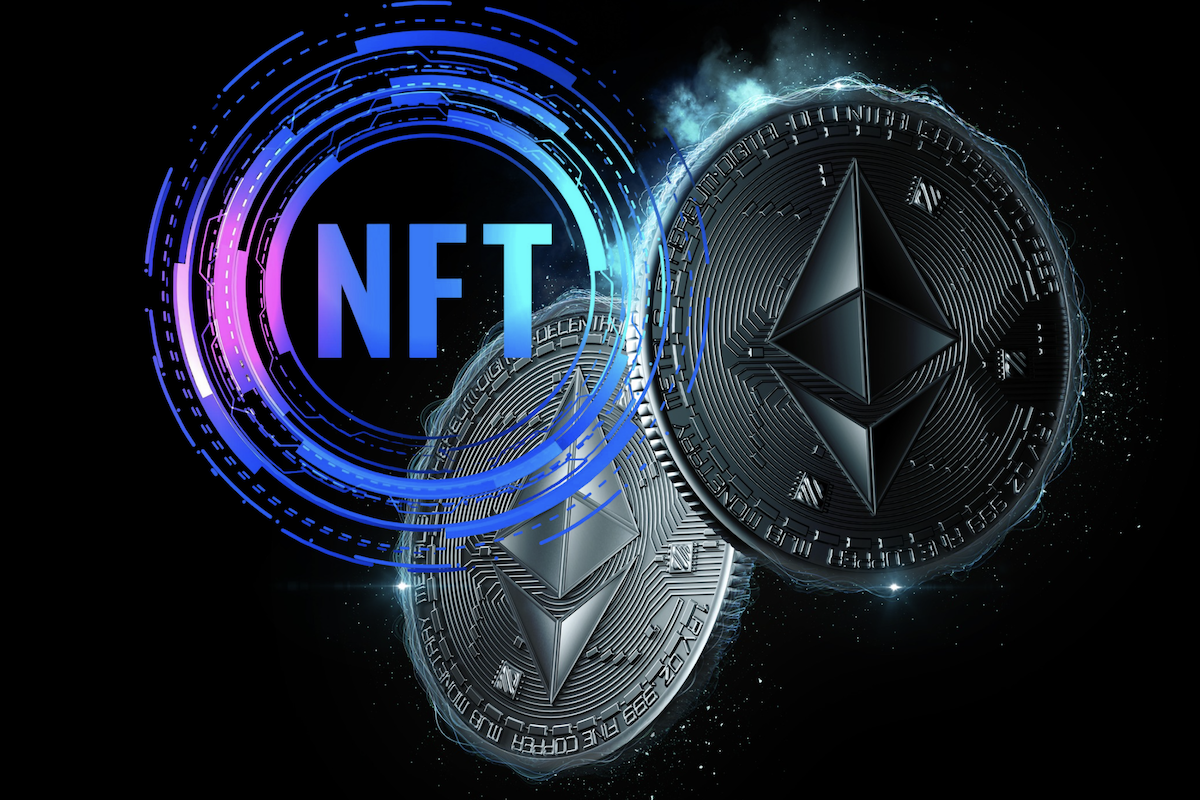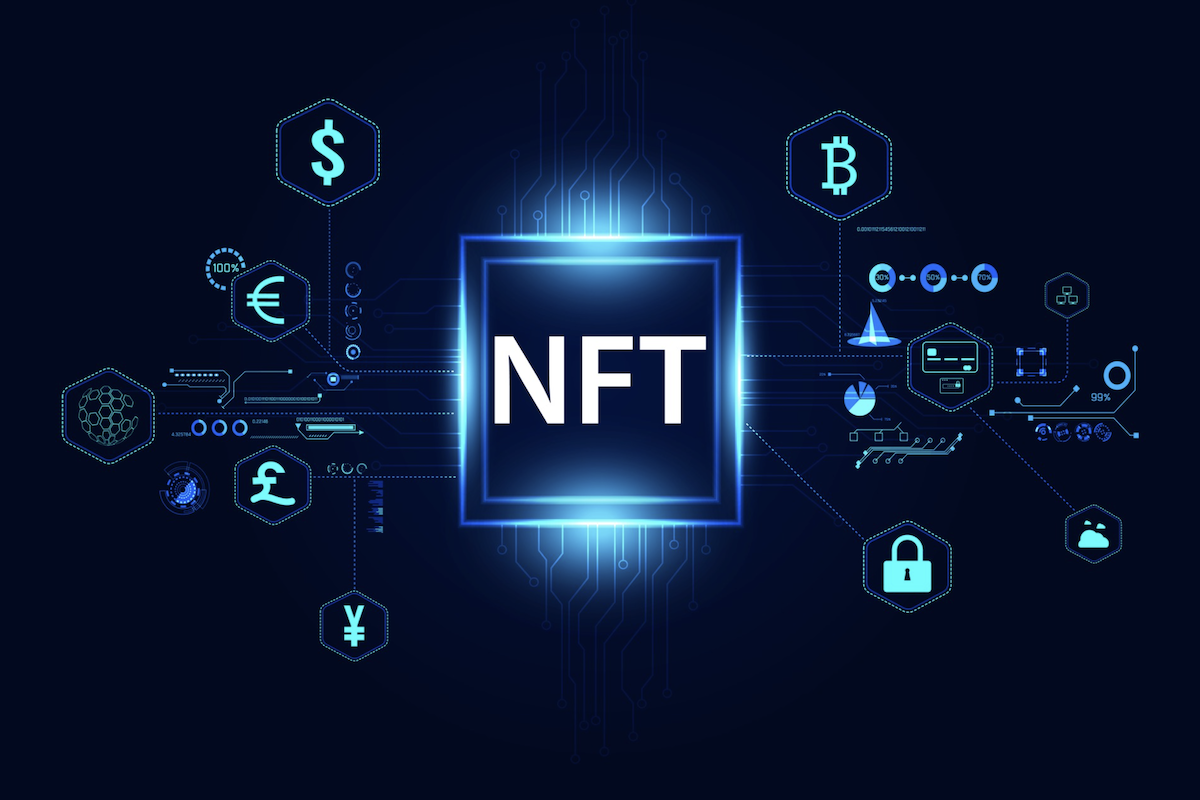VeChain Blockchain and VeChain NFTs
VeChain’s ecosystem is particularly suitable for creating NFTs that link digital with physical products by applying NFC and IoT technologies.

VeChain is a layer-1 enterprise blockchain ecosystem focused on supply chain tracking. As such, its common use cases include provenance, authenticity, anti-counterfeiting, and digital assurance solutions for the food and beverage industry as well as luxury products.
The company has recently announced a multi-year sponsorship agreement worth $100 million with the Ultimate Fighting Championship (UFC). Another partner is Alchemy Pay, a fiat-to-crypto bridge, which enables payments with VeChain’s native token in over 2 million stores.
https://twitter.com/vechainofficial/status/1519322011553648645VeChain’s dual-token economy
VeChain uses the public blockchain VeChainThor which deploys a two-token economic model. The primary token is VET (VeChain Token), which is used for value transfer within the ecosystem. It functions similarly to native tokens of other blockchains. The second token, VTHO (VeThor Token), is for transaction payments.
The cost of using a blockchain depends directly on the native token’s market valuation. This is a significant obstacle to blockchain’s widespread adoption, particularly by big enterprises and businesses, VeChain’s primary customers, which require payment costs to remain as stable as possible. That’s why the company uses two different tokens. If the price of VTHO increases, the gas price decreases, keeping the total transaction costs stable.
VeChainThor’s consensus mechanism
VeChain’s blockchain adopts a proof-of-authority consensus algorithm which verifies network participants’ identities to reach consensus. It’s a reputation-based algorithm and requires a limited number of validators. Consequently, it’s highly scalable, fast, and energy-efficient.
VeChain NFTs
Because it was built to enable enterprises to track supply chain operations, VeChain’s ecosystem is particularly suitable for creating NFTs that link digital with physical products by applying NFC and IoT technologies. The company offers such solutions for B2B customers. On the other hand, there are also VeChain-based NFT collectible projects and marketplaces that we are accustomed to seeing in web3 culture.
Some of the VeChain collections that caught public attention include VeeKings, Metaversials, and Shredderz. Two play-to-earn games built on VeChain worth mentioning are Metatun and Satoshi Dice.
NFT marketplaces powered by VeChain
The most popular NFT marketplace on VeChain is VeSea. To buy, sell, and store NFTs on VeSea, you need a VeChain-compatible wallet. VeSea accepts VeChainThor Wallet and VeChain Sync2. In addition, there are no gas fees on VeSea, thanks to the efficiency of the underlying blockchain. However, there’s a 2.5% trading fee. Currently, the marketplace offers up to a 100% discount if you hold an asset from one of the two popular NFT collections: VeKings and Paper Project.
The platform strives to position itself as a premium market and welcomes new NFT projects via its launchpad by providing full minting support. Furthermore, NFT holders from the projects launched in this way will be able to stake their NFTs in the upcoming creator ecosystem.
Another VeChain NFT marketplace is World of V. It’s compatible with Sync2 wallet. It's a zero-fee platform thanks to the application of a fee-delegation mechanism. World of V also builds partnerships to develop custom-made NFT solutions. The current partners include blockchain Fintech company Safehave.io and Mad V-Apes, an upcoming VeChain metaverse.
Other notable NFT applications
On Vechain.tools, you can explore VeChain NFTs and compare statistics like floor prices between different collections. A multichain NFT bridge for VeChain users is also available.
NFT recycler from the VeSea marketplace allows exchanging an old NFT for a new one from the NFT Recycler smart contract's inventory. Users need to burn 4 VSEA tokens, the native token of the marketplace.
Another noteworthy VeChain project is VeFam, an incubator for VeChain GameFi projects. Currently, it supports two games: Zombie Defense and VPunks Arena.
3DAbles is a dapp that enables NFT holders to create AI-powered NFTs on top of existing ones by using the scenes provided by the contributing artists. As a result, the dapp offers a way to earn passive income from NFTs, which otherwise stay dormant in the wallets.





